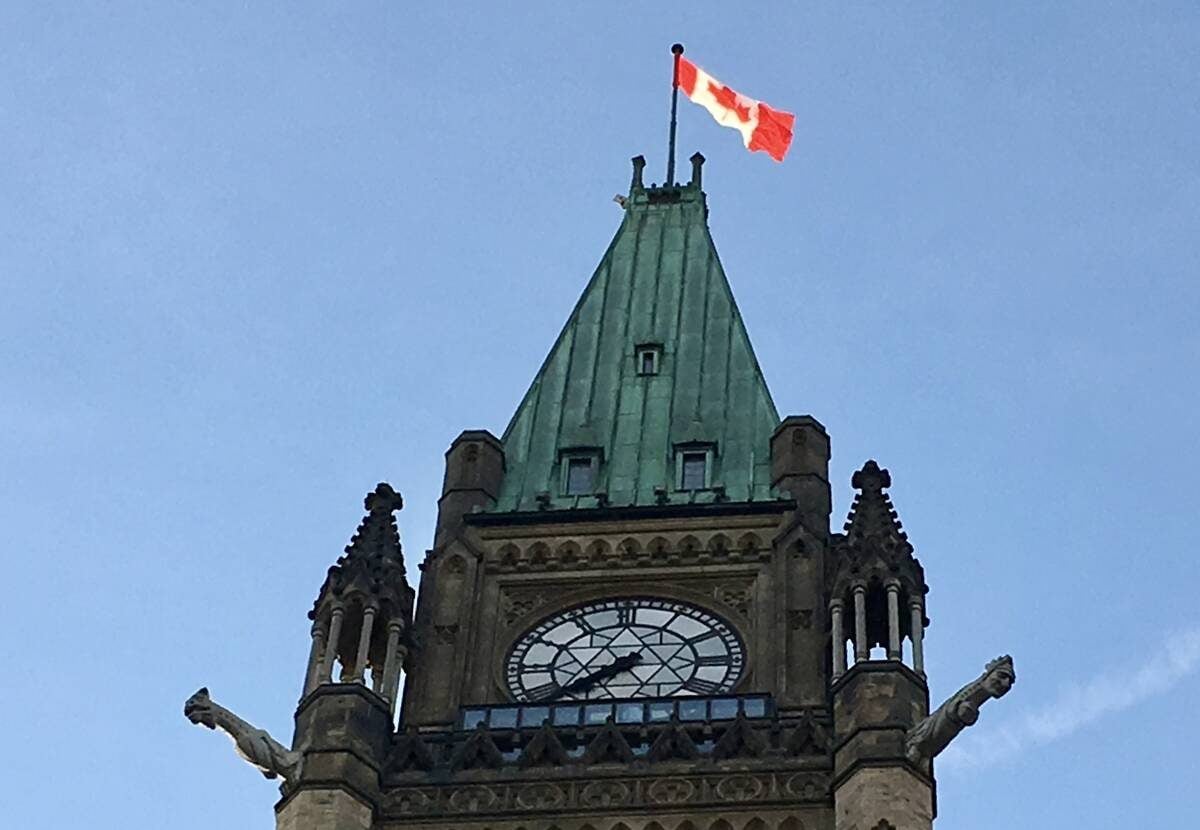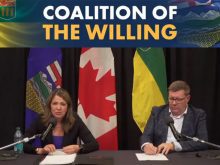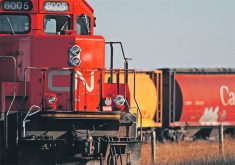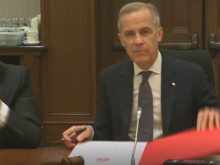REGINA — Farmers with employees could qualify for a rebate related to carbon pricing as long as they file their taxes by July 15.
The Canada Carbon Rebate for Small Businesses was announced in this year’s federal budget, and while details are still scant, it will return a portion of the price on pollution through a refundable tax credit.
The Canada Revenue Agency estimated the retroactive payments total $2.5 billion, beginning in the 2019-20 fuel charge year until the 2023-24 year.
Read Also

House ag committee to undertake several studies
The House of Commons standing agriculture committee has set its agenda for the coming months. Members began the fall sitting with a two-hour update on international trade
A spokesperson said the payment amounts and when they will be made are still undetermined, but it’s critical that taxes be filed on time to qualify.
Technically, those taxes had to be filed June 30, but Ottawa implemented a two-week extension.
CRA said the rebate will equal the number of people employed by the eligible “Canadian-controlled private corporations” multiplied by the payment rate. The employees must have received T-4s.
To be eligible, the business must have employed at least one person in a designated province in the calendar year, had 499 or fewer employees throughout Canada and filed its taxes.
There is no application for the rebate; it will automatically be calculated and issued.
The designated provinces include Saskatchewan, Manitoba and Ontario for all fuel charge years, Alberta for 2020-21 and beyond and the four Atlantic provinces for 2023-24.
Contact karen.briere@producer.com


















